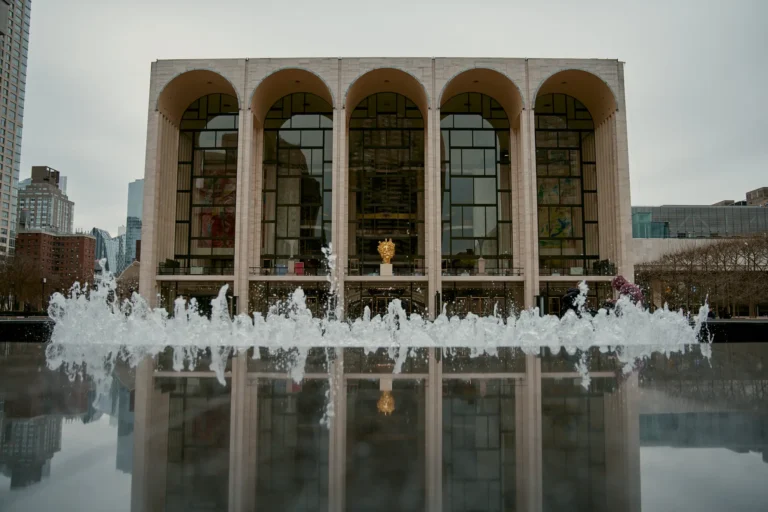The Metropolitan Opera has announced it will withdraw $30 million from its endowment due to a cash shortfall and lackluster ticket sales as they try to bring audiences back after the pandemic.

The Metropolitan Opera did what is considered a last resort for nonprofit organizations, dipping into their endowment funds. The Met’s endowment, valued at $306 million, was already regarded as small for an institution of its size and was meant to grow over time while producing a steady source of investment income. They are turning to this endowment to help with operating expenses due to weak ticket sales and a lack of donors. Peter Gelb, the Met’s general manager said that “The challenges are greater than ever. The only path forward is reinvention.”
This reinvention will be cutting the number of performances. The company is giving 215 performances this season but plans to reduce this amount by ten percent next season. Instead of putting on classic works, the Met will seek to put on more contemporary performances as they sell better, works such as Terence Blanchard’s “Fire Shut Up in My Bones” last season and Kevin Puts’s “The Hours” this season drew sellout crowds, while Verdi’s “Don Carlo,” had only 40 percent attendance after this month’s run.
Gelb went on to say that the Met will open each season with a new production of contemporary work. It will begin next year with the company premiere of Jake Heggie’s “Dead Man Walking” and the season will feature its first performances of Anthony Davis’s “X: The Life and Times of Malcolm X”; Daniel Catán’s “Florencia en el Amazonas” and a staged production of John Adams’s “El Niño.” He said there is a big shift with opera singers “embracing new work and understanding that this is the future.”

The Met is not the only company suffering from this new emergence after the pandemic. According to the New York Times, Portland Opera in Oregon, which is struggling with a decline in ticket sales, has reduced its staff and cut in half the number of operas it has each season to three from six before the pandemic. The Philadelphia Orchestra has seen paid attendance hovering at around 47 percent this fall, down from about 66 percent before the pandemic. Dayton Contemporary Dance Company in Ohio canceled its holiday shows this month because of tepid demand and rising production costs.
Arts groups like the Metropolitan Opera worry that weak attendance could extend into next season and beyond, as federal assistance which helped many companies survive through the pandemic has dried up. At the Met, subscriptions are expected to fall to 19 percent of total box office revenues this season, compared with 45 percent two decades ago. The company will try to appeal to old and new audiences and get the amount of their endowment back.
The Met is the premier opera company in the United States, and even so still faces issues from the pandemic, which made a lot of businesses decline or shut down completely. Although the pandemic’s grasp is behind many people now, its effects will remain affecting the visual arts sector for years to come. For more information about events coming up at the Met, go here.


Comments are closed.